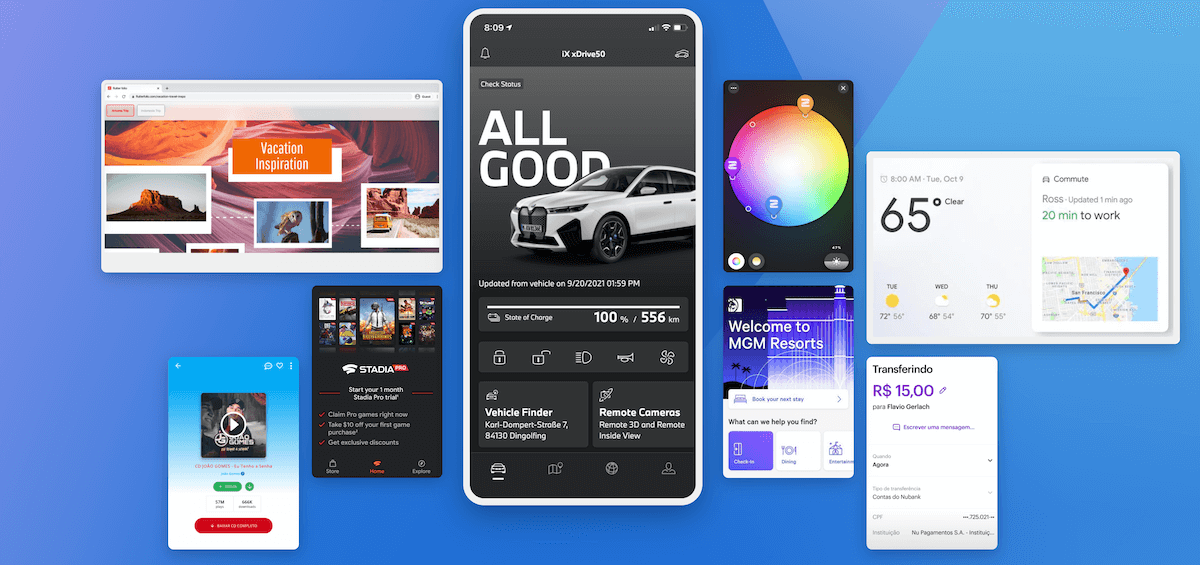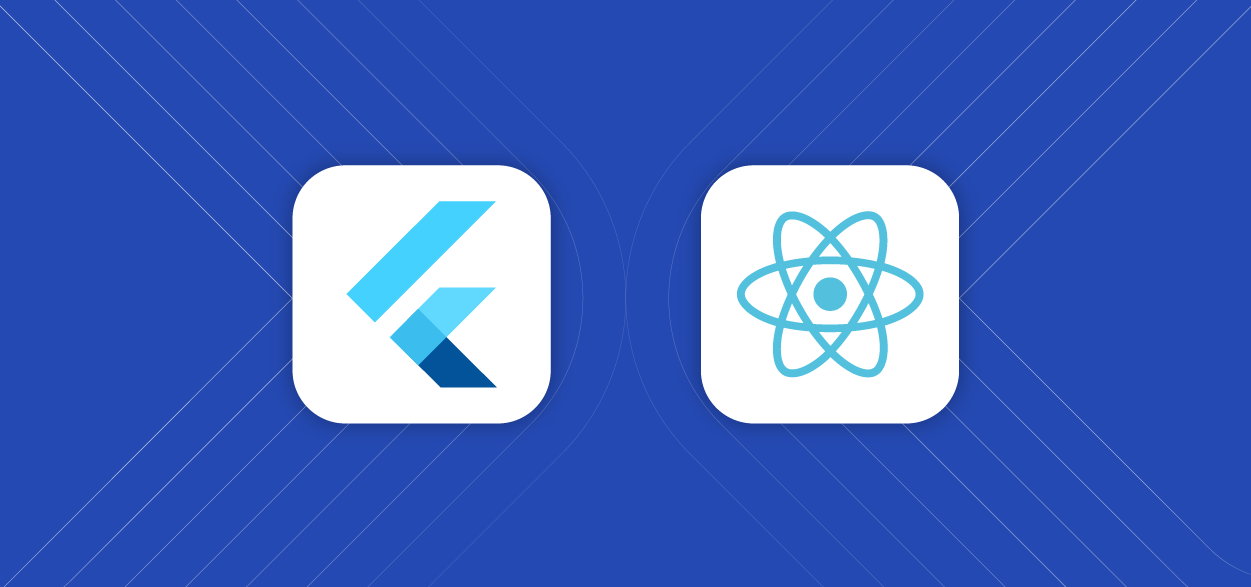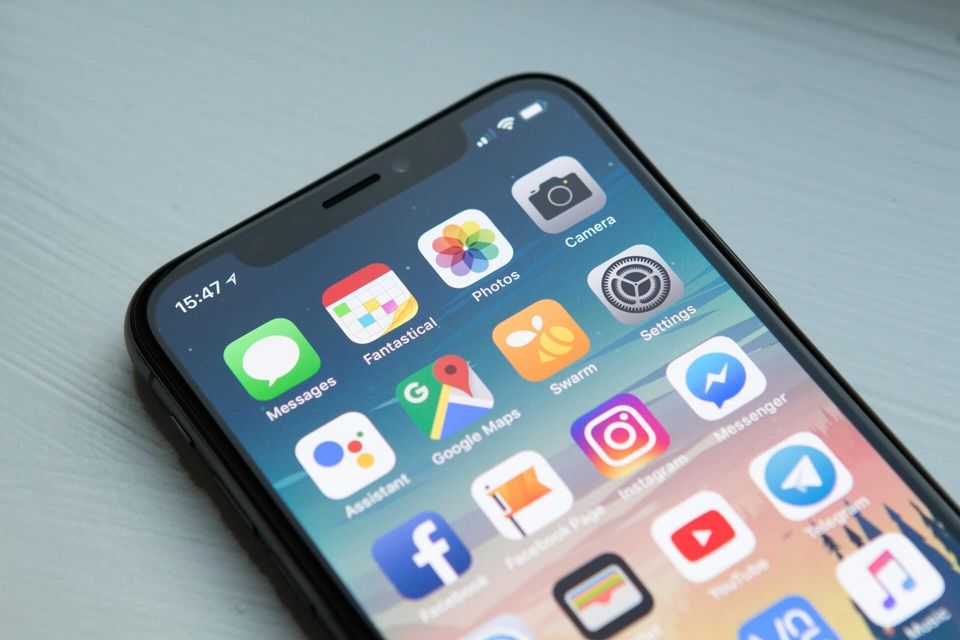Despite their similar appearance on the smartphone's screen Apps come in various "shapes and dimensions." However there's multiple ways to develop an app, and each one has advantages as well as drawbacks, which developers must be aware of prior to starting an idea.
There are many kinds of mobile apps than the average user would think that includes native applications, web-based apps as well as hybrid apps. Although users might not be aware of the distinction between the different kinds of apps, they're distinct. If you're planning to develop applications for your company It is crucial to familiarize yourself with the various options available and the advantages and disadvantages of each kind of app are. This article we'll describe the various types of apps, as well as their unique advantages.
What is what is a native application?
Native apps are what people envision when they hear "app." They are designed to work with the operating systems (OS) of every device, typically iOS and Android. The process of creating a native app means you have to build distinct apps to each OS in order to take each OS's unique features to be considered. This results in more expensive development costs and longer time to market but also means your apps can take advantage of the features of each device as well as its operating system. Making a native application can take months or even hundreds thousand of dollars which means that they're not an alternative for smaller businesses -or those that are time-sensitive. most crucial importance.
Although developing applications for each OS could be expensive, native apps have several advantages you should take into consideration before deciding on which app is most suitable to your requirements.
3 advantages of native applications
Native applications offer a variety of benefits for the user as well as publishers. Three reasons why you should think about creating an native application:
- Native apps tend to be more efficient and reliable that can lead to an improved user experience.
- Native apps make use of the device's native user interface, which allows it to be connected more easily to other functions like Bluetooth and contact lists etc.
- Native apps are generally more secure, and can provide users with greater data security.
What exactly is a web-based application?
While web apps function similarly as native apps, they're in fact responsive websites that can be adapted to any device and can be accessible via a web browser, such as Safari as well as Chrome. Users don't have to download an app or keep information on their device. If you encounter an action request asking users to download an app on the web It's likely that you're just bookmarking the site in your browser. The most popular types of web-based apps is called the progressive web application (PWA). PWAs are native apps that are running within the browser.
Web apps are completely dependent on the operating system they run on this results in less consistent user experience because they function differently in different browsers from one to the next. However, this also gives developers significant flexibility.
3 advantages of web-based applications
Although web-based applications may be limited but they can be an ideal solution for companies in which cost and time are the most important factors.
- Web-based apps don't require customization for every OS making development faster and cheaper.
- Web-based applications do not need a download so they don't consume space on devices of users.
- Web-based apps don't have to require customers to install updates since developers can simply send out updates via the internet.
What is what is a hybrid mobile application?
Additionally, there are hybrid mobile apps , which are basically web-based applications which look and feel similar to a native application. Hybrid apps blend some of the most popular attributes of web apps and native apps. They have icons for apps on the smartphones' screens, speedy performance and the capability to work offline.
Although certain hybrid apps may not be as powerful when compared with native apps, they do have lots to offer. Actually, a lot of the most popular apps on the App Store comprise hybrid apps.
3 advantages from hybrid mobile apps
Hybrid apps offer an "best from both sides" solution that has made them very popular with even the most famous names in the industry. Here are a few of the reasons they could be a good fit for your business:
- Hybrid app development is faster and cheaper than developing a native application.
- Hybrid applications load fast and are therefore well-suited for areas with slow mobile connectivity.
- Hybrid applications can work with the phone's OS by using ways traditional web-based apps can't.
What is a React Native mobile app?
React Native is an open-source UI framework that was developed by Meta Platforms, Inc. (formerly called Facebook) and can be used to build applications not just for iPhone or Android smartphones, but additionally Android TV, macOS, web, tvOS, and Windows.
Since React Native is open-source, there's a library of pre-built components that will assist developers in speeding in the speed of mobile application development. These libraries can also help make app development easier for less experienced businesses.
What is Flutter?
Flutter is a no-cost and open source mobile UI framework that was developed by Google and launched on May 17, 2017. In short it lets you build an native mobile app using just one codebase. This means you can utilize only one programming language and a single codebase to develop two different applications (for iOS and Android).

Flutter has two essential components:
- A SDK (Software Development Kit) is a set of tools assist you in developing your own applications. This includes tools that can convert your program to native machine codes (code to run on iOS or Android).
- The Framework Framework (UI Library built on widgets) A collection of reuseable UI elements (buttons or text inputs, sliders, etc.) which you can customize to suit your needs.
Which app type is the best one for me?
Each app described here has its own specific application- but each business will need to determine which is best suited for the needs of their business. A lot of retailers use hybrid apps due to the fact that they provide a design, and are quickly updated with the latest product or sales information. If you're an SaaS company, a fully-featured native app could offer the most efficient performance and security to your customers. It's important to remember that you're not stuck and some of them are more readily available than you might believe.




